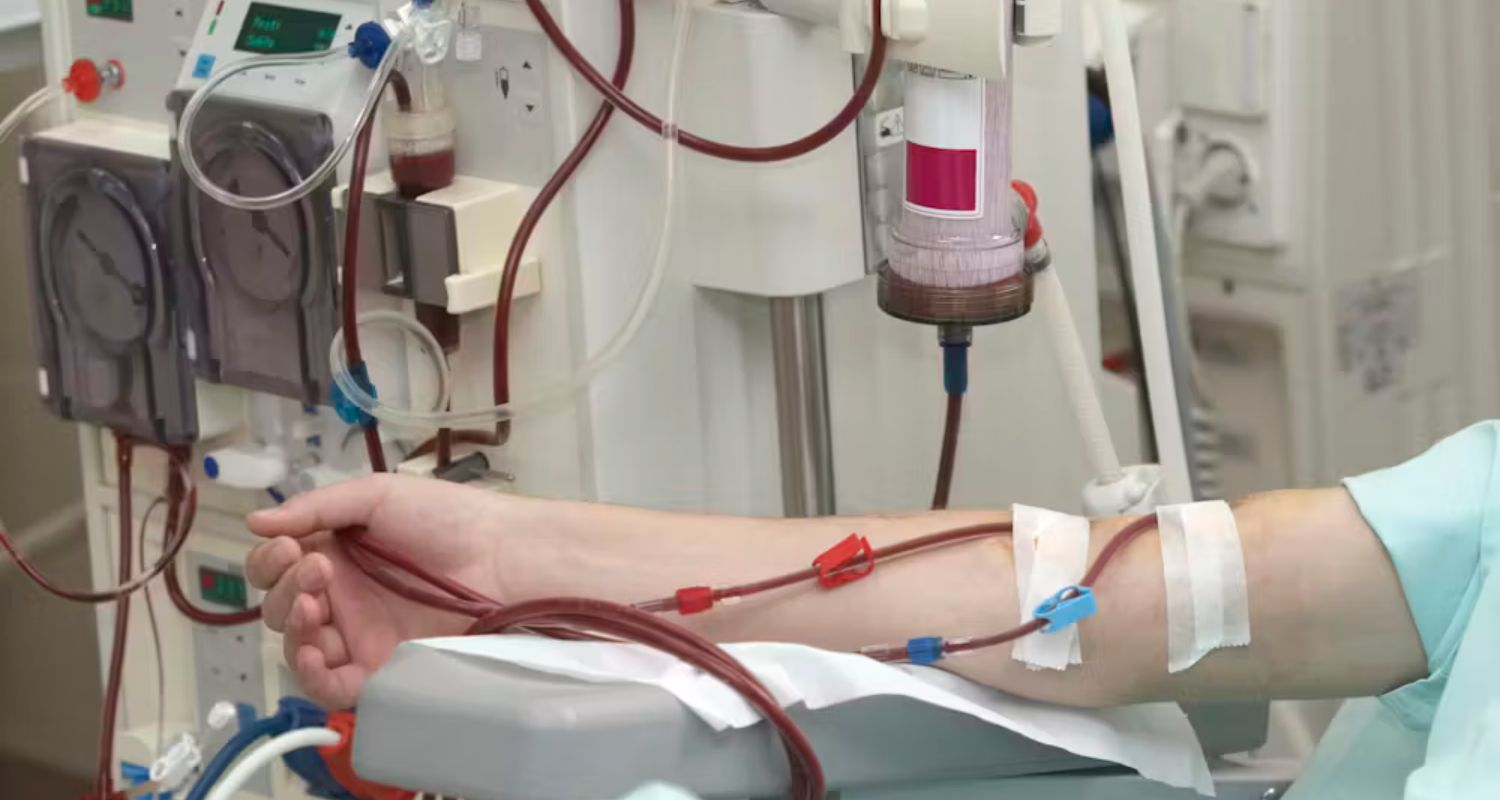Chronic kidney disease (CKD) is a widespread yet often overlooked health condition, affecting approximately 35.5 million individuals in the United States. Despite its prevalence, only about half of those with the disease receive a formal diagnosis, leaving millions unaware of the potential risks they face.
Understanding the Impact of CKD
When functioning properly, the kidneys play a crucial role in filtering waste and excess fluids from the blood, maintaining stable blood pressure, balancing electrolytes, and supporting red blood cell production.
However, as CKD progresses, these essential functions deteriorate, ultimately leading to kidney failure. At this stage, patients require either dialysis—an intensive treatment that mimics kidney function—or a kidney transplant to survive.
Dialysis, while life-sustaining, is highly burdensome. Patients typically undergo multiple sessions per week, each lasting several hours, and face significant risks, including complications, disability, and even premature death.
Kidney transplants, the preferred treatment option, offer a better quality of life, but the scarcity of available organs means most patients wait an average of five years for a suitable donor.

Risk Factors and the Challenge of Early Detection
High blood pressure and diabetes are the primary risk factors for CKD in the U.S., with up to 40% of diabetic patients and 30% of individuals with hypertension developing the disease.
Unfortunately, CKD often progresses silently, with few to no symptoms in its early stages. This makes early detection crucial, yet challenging.
Routine kidney function assessments, such as the estimated glomerular filtration rate (eGFR) test, can help detect CKD before it advances. Current medical guidelines recommend regular screening, especially for individuals with high-risk conditions.
Early intervention—such as managing blood pressure and blood sugar levels—can significantly slow disease progression. Additionally, emerging medications like SGLT2 inhibitors, initially designed for diabetes treatment, have shown promise in protecting kidney function even in non-diabetic patients.
Barriers to Timely Diagnosis and Treatment
Despite the benefits of early detection, CKD is frequently overlooked in routine medical care. Studies indicate that one-third of patients who develop kidney failure had no prior medical intervention for kidney health.
Even when CKD is documented in medical records, physicians may fail to discuss it with their patients. Alarmingly, only about 10% of people diagnosed with CKD are aware of their condition.
One major factor contributing to this issue is the time constraints faced by primary care providers. Due to insurance reimbursement policies, doctors often prioritize more immediate health concerns over chronic disease prevention.
As a result, CKD is frequently ignored until symptoms become severe or test results worsen. Research further highlights that certain groups—particularly nonwhite individuals, women, and those with lower socioeconomic status—are disproportionately affected by this diagnostic gap.
Empowering Patients to Take Charge of Their Kidney Health
Given these challenges, patients must take an active role in their kidney health. Those with risk factors such as high blood pressure or diabetes should initiate conversations with their healthcare providers about CKD screening and prevention.
Asking simple but crucial questions like "Am I at risk for CKD?" and "Have I been tested for CKD?" can prompt important discussions and lead to earlier diagnoses.
To improve patient awareness, researchers are developing digital tools that visually represent kidney disease test results and risks. These resources can be integrated into medical records, encouraging healthcare providers to discuss CKD with their patients.
Once diagnosed, individuals should inquire about their condition's progression, monitoring strategies, and potential treatment plans.
Questions such as "How quickly is my CKD progressing?" and "Should I see a nephrologist?" can help ensure proper management. Studies show that patients with a documented CKD diagnosis receive better care and experience slower disease progression.
Furthermore, lifestyle modifications—such as maintaining a healthy diet, engaging in regular physical activity, and adhering to prescribed medications—can significantly impact disease outcomes. Patients who have witnessed a loved one undergo dialysis often express greater motivation to follow preventive measures to avoid the same fate.
CKD remains a silent but serious health threat, often undetected until significant damage has occurred. Raising awareness, promoting routine screening, and encouraging proactive patient engagement are essential to reducing the burden of this disease.
With early diagnosis and appropriate intervention, millions of people can take control of their kidney health and prevent the devastating consequences of advanced CKD.
(The Conversation)



